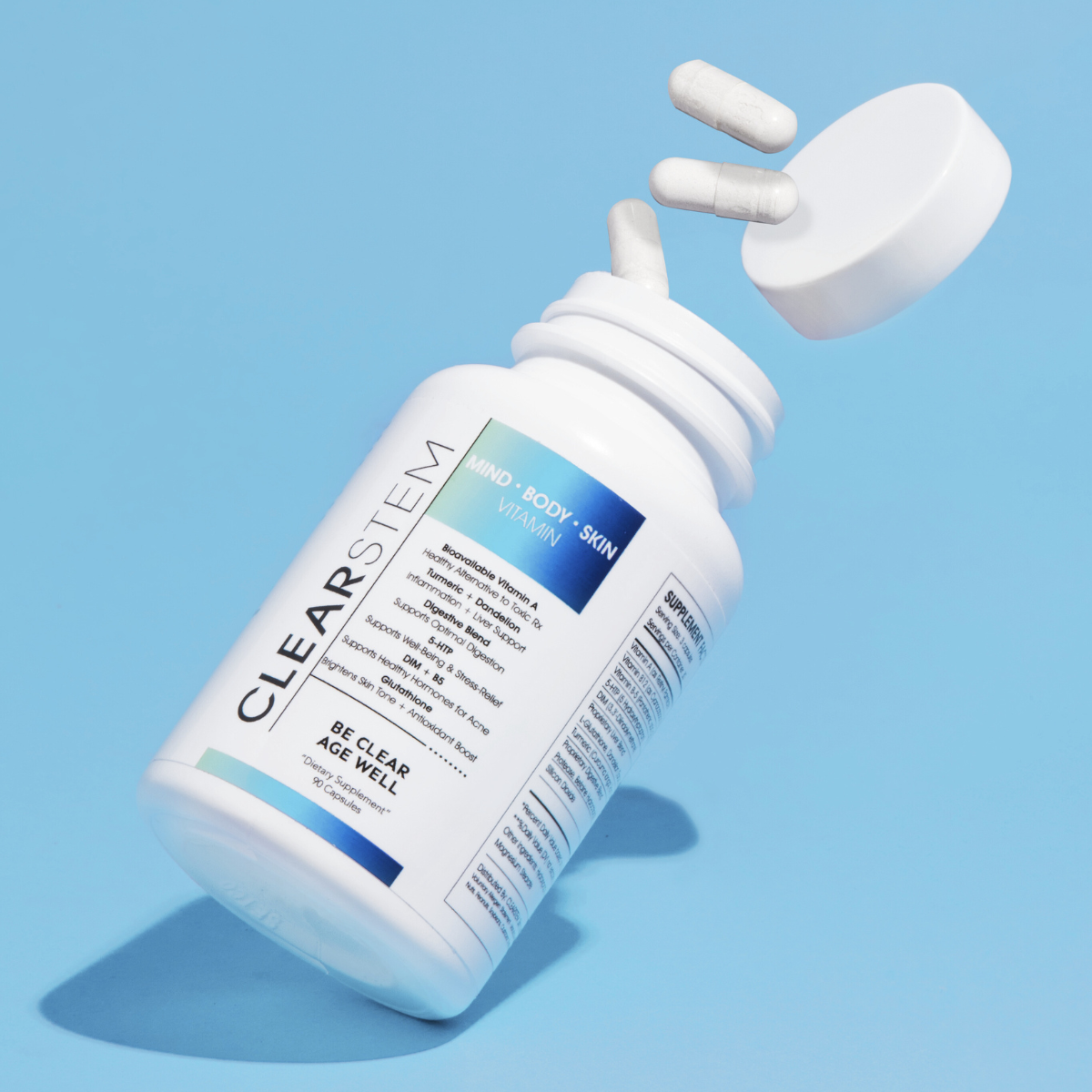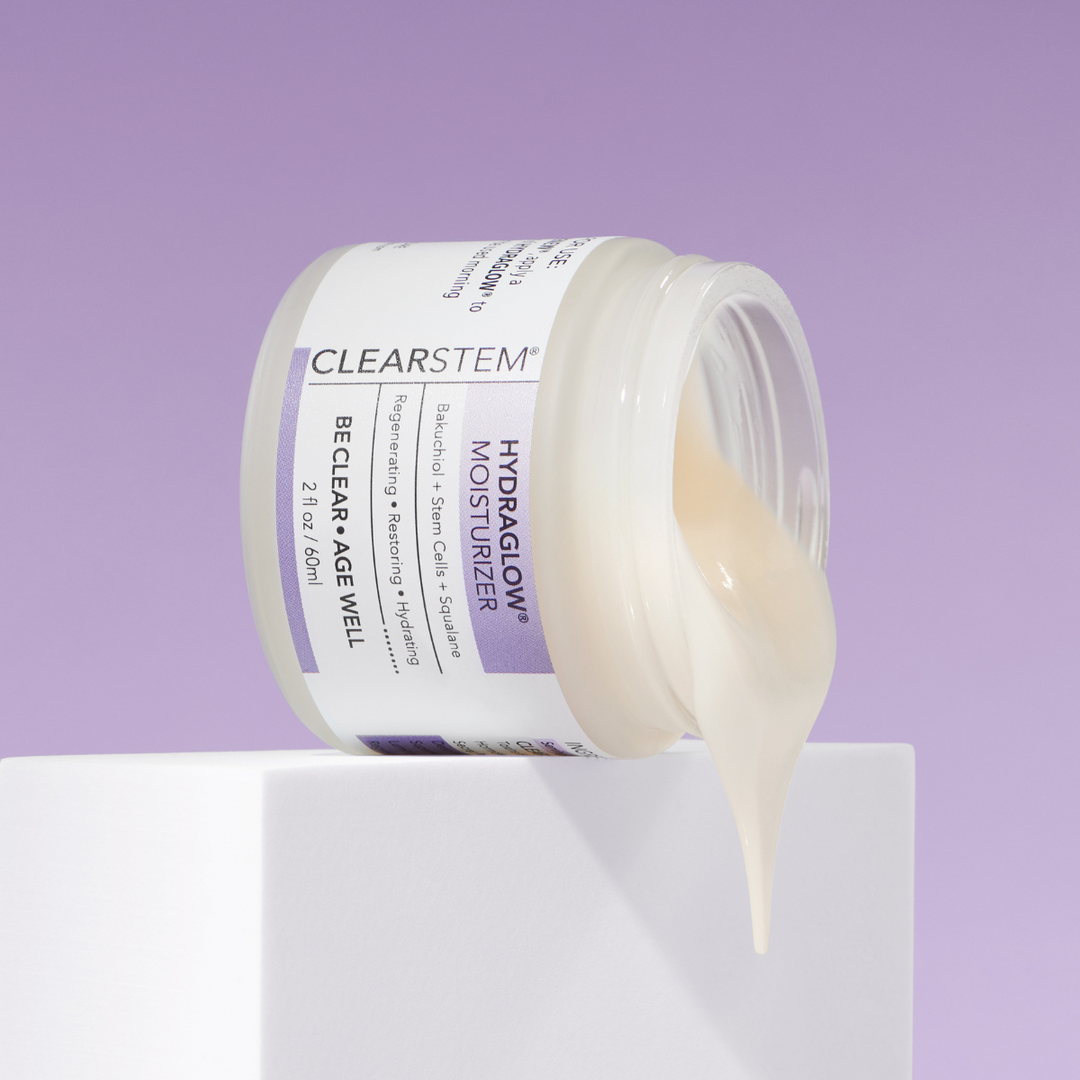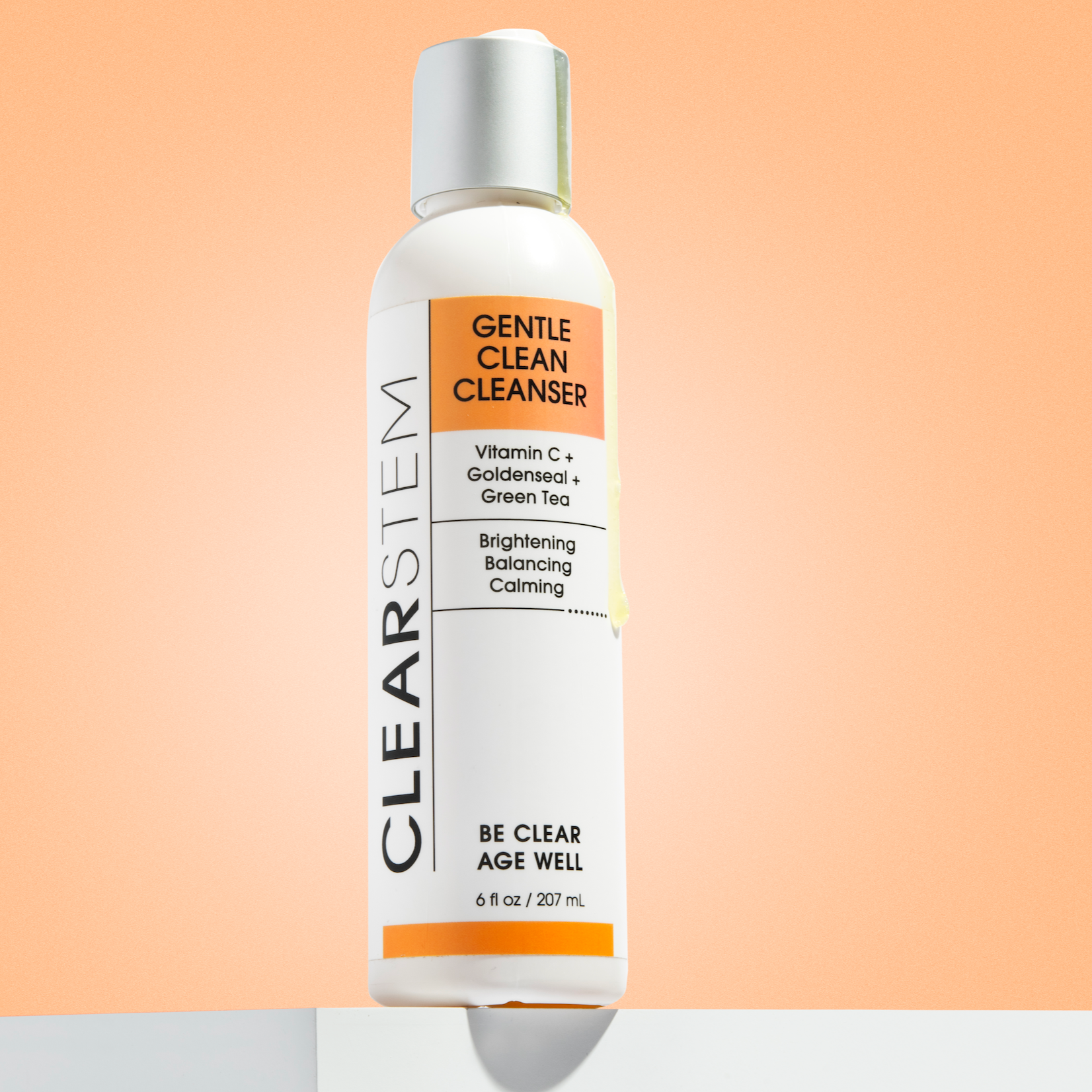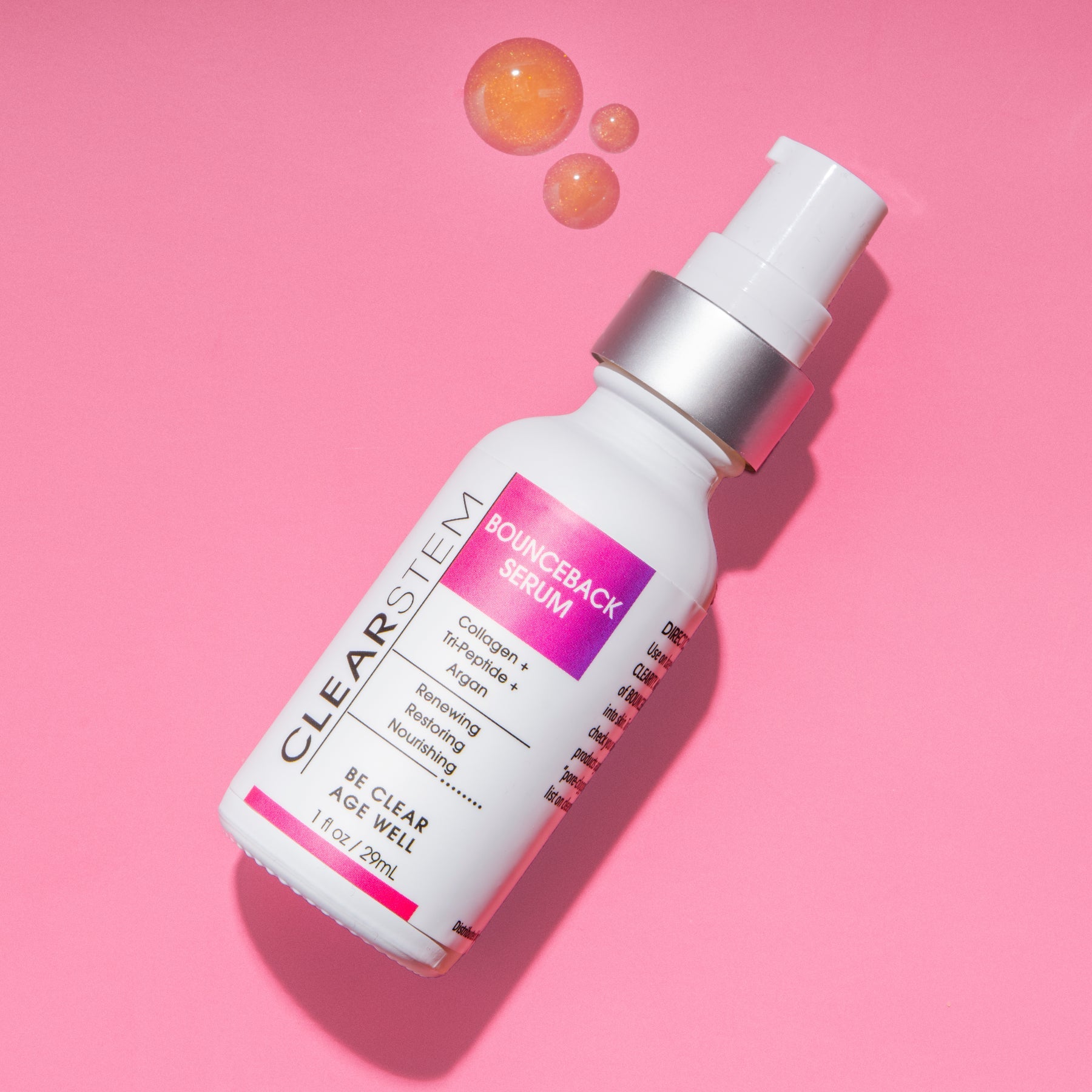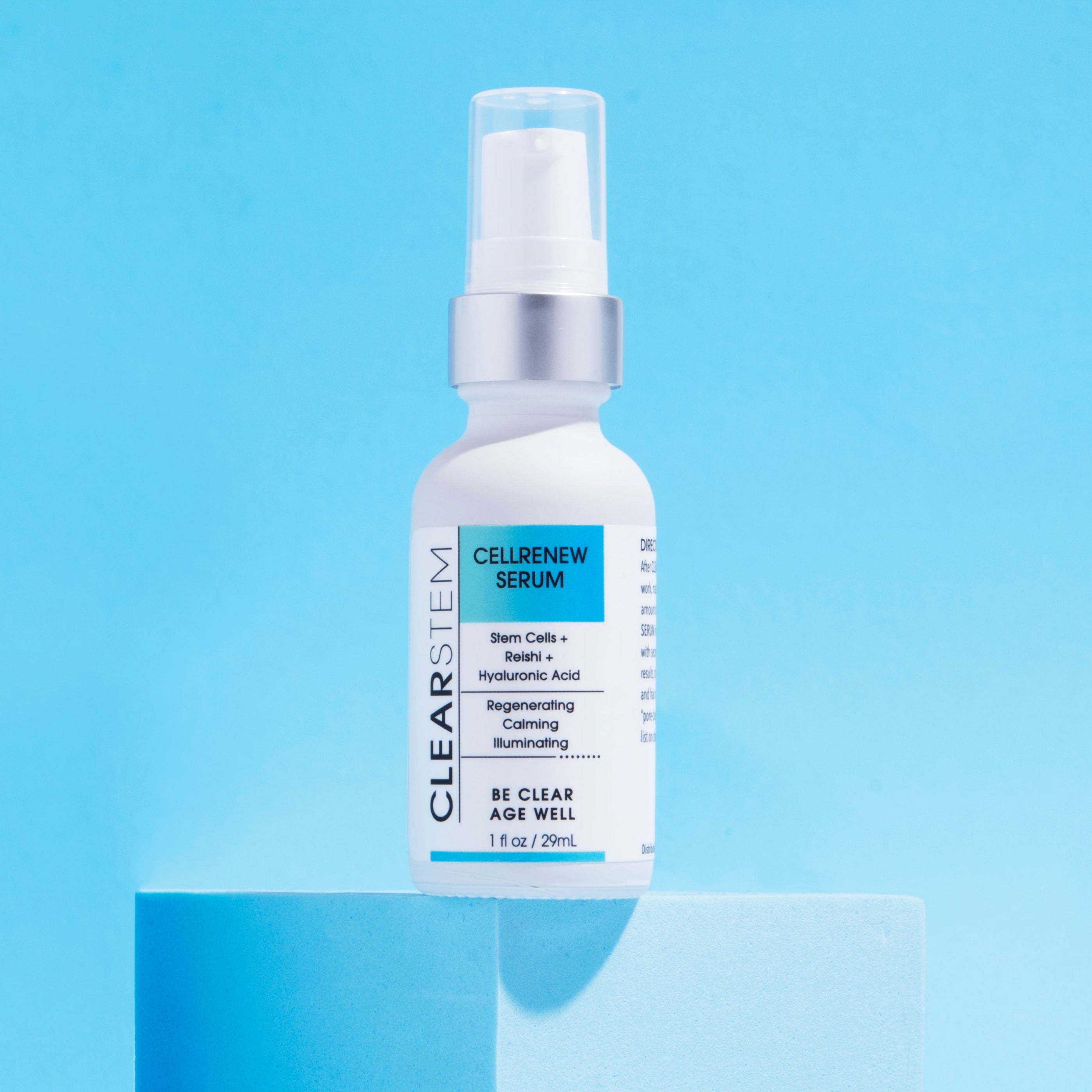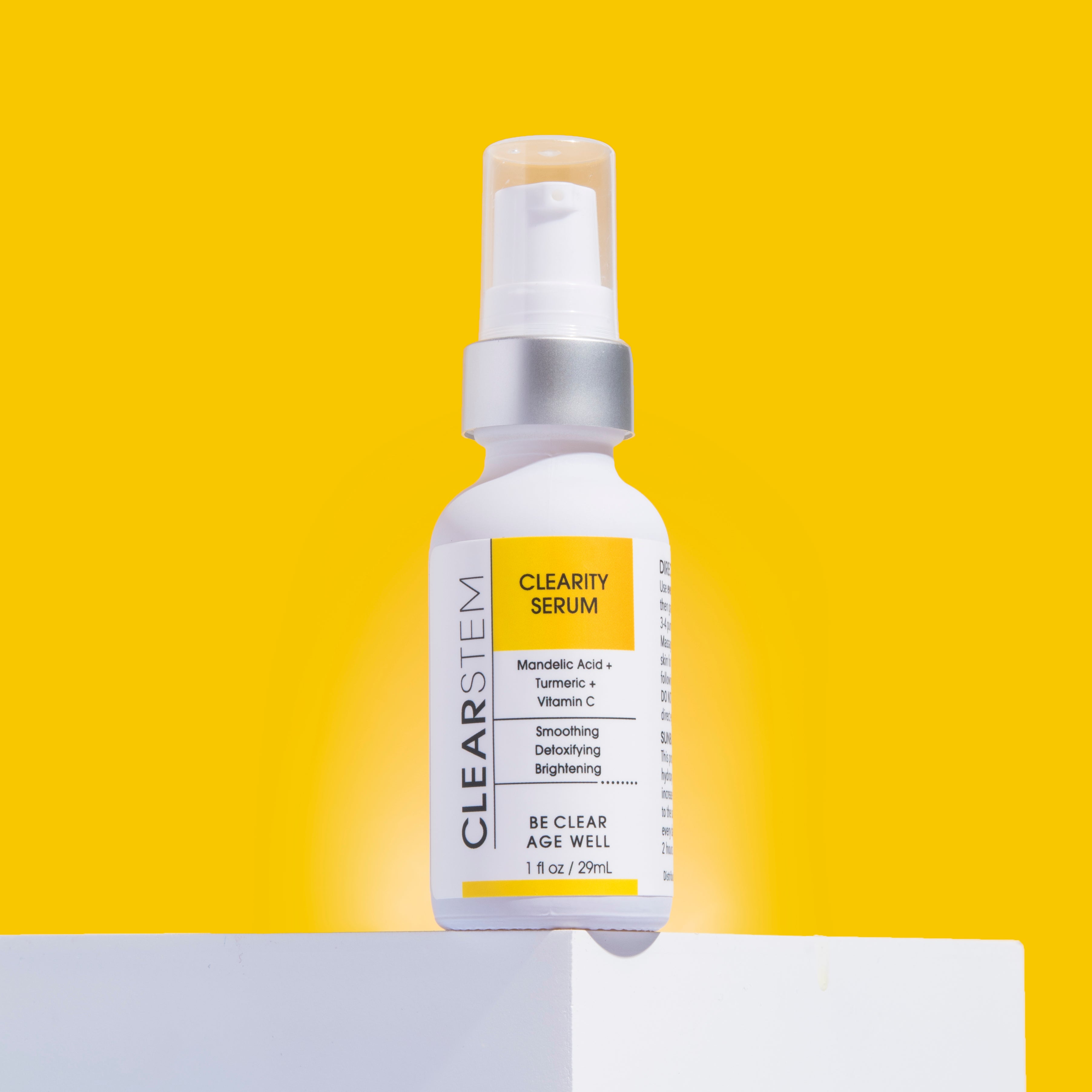Finding an effective and long-term treatment for depression can be a challenge. If your journey involves antidepressants, the last thing you need is another hurdle to overcome. Yet, it's not uncommon to find yourself facing unwelcome side effects while using antidepressants—particularly acne.
Yes, antidepressants can sometimes throw your skin for a loop. In turn, these skin changes may affect your mental health and self-perception. Luckily, you’re not stuck dealing with these common side effects from the prescription medication that you need.
In this guide, we’ll explore everything you need to know about how to treat acne caused by antidepressants, from the most acne-causing medications to the best prevention tips. Keep reading to learn how to maintain a glowing complexion on your mental health journey.
How Do Antidepressants Cause Acne?
If you’ve been wondering, can antidepressants cause acne? The answer is yes. But how?
To understand this connection, it’s important to first understand how acne forms.
Acne is the formation of clogged skin follicles, which are created by any combination of the following factors—skin oil (sebum), bacteria, dead skin cells, and inflammation. These clogs can appear as blackheads, whiteheads, cysts, nodules, and other types of acne.
Surprisingly, some antidepressant medications can set the stage for these acne-promoting factors, typically through these means:
- Hormonal fluctuations – In the process of creating chemical and emotional balance, some antidepressants can disrupt your body's delicate hormone levels. Since your hormones directly affect your sebum production and skin health (particularly your androgen levels), your antidepressants may indirectly stimulate hormonal acne.
- Stress and anxiety – Almost all people have endured “stress acne” at some point. Elevated stress levels can lead to hormonal changes, which, as stated above, can worsen acne. Unfortunately, certain antidepressants can come with the side effect of increased anxiety.
- pH disruption – The pH balance of your skin is a delicate and vital system. This balance helps maintain your skin barrier, which is essential for reducing harmful bacteria and inflammation. Unfortunately, antidepressants can also affect the pH balance of your skin, potentially leading to acne lesions.
Which Antidepressants Are Most Likely to Cause Acne?
If you’re considering taking antidepressants, you should always be aware of their potential side effects—including acne.
Unfortunately, the most common type of antidepressants are the most likely to cause acne. SSRIs, or Selective Serotonin Reuptake Inhibitors, may work wonders for many individuals battling depression, but they can inadvertently increase androgen levels—the hormones responsible for stimulating oil production. This can lead to excess oil on your skin and more clogged pores.
SSRIs include medications like:
- Fluoxetine (Prozac)
- Sertraline (Zoloft)
- Paroxetine (Paxil)
- Citalopram (Cipramil)
- Dapoxetine (Priligy)
- Escitalopram (Cipralex)
While not technically an antidepressant, lithium may also contribute to acne. This bipolar disorder medicine is thought to impact the skin's cell-shedding rate, potentially leading to acne breakouts.
4 Ways to Treat Acne Caused by Antidepressants
When acne appears during a mental health recovery period, it can feel like a roadblock. However, rest assured that you can regain control over your skin and self-esteem, even with antidepressant medications.
Let’s discover the best ways to treat and stop your acne skin problem from antidepressants so that you can continue your mental health journey:
- Consult your healthcare provider – When it comes to medicine, your healthcare providers are your biggest allies. Have an open and honest conversation with your healthcare provider who prescribed the antidepressants about any skin side effects. They may be able to offer you an alternative antidepressant or counteractive acne medication, such as prescription-strength retinoids.
- Establish an acne-busting skincare routine – If dealing with mild to moderate acne, a steady skincare routine could bring clarity and balance to your skin problem. To that end, try establishing a skincare routine around these essential steps: cleansing, moisturizing, exfoliating (twice per week), and wearing sun protection. Make sure you use non-comedogenic skincare products to prevent further acne breakouts. It might also be beneficial to talk to a dermatologist to help with your acne.
- Try anti-acne ingredients – Certain ingredients have the power to unclog pores and eliminate excess oil, leaving you with clearer skin. Consider integrating these ingredients into your skincare routine: vitamin C, alpha-hydroxy acids, retinoids, and benzoyl peroxide. Additionally, a natural supplements for hormonal acne with anti-acne ingredients like dandelion roots and vitamin B5 can fight acne formation from the inside.
- Switch up your lifestyle – Unfortunately, small daily habits can lead to big pimples. But you can prevent this by adopting an anti-acne lifestyle—essentially, a healthy lifestyle. This may include stress reduction activities (yoga, mindfulness, etc.), a nutritious hormonal acne diet, regular exercise, ample hydration, and adequate sleep.
Find Your Happiest Skin Yet with CLEARSTEM
If your antidepressant medication seems to cause acne, it’s easy to feel discouraged on your mental health journey—but don’t despair. By considering your medical alternatives, working closely with healthcare professionals to learn about the different acne treatments, and leveraging resources like the CLEARSTEM Functional Lab Testing to pinpoint specific triggers, you can create an effective anti-acne routine. This empowers you to advocate for both your skin health and your mental health..
At CLEARSTEM, we love to support everyone’s personal journey to happier, healthier skin. That’s why we create holistic and long-lasting solutions—not quick fixes.
Additionally, our MINDBODYSKIN® 2 Supplement doesn’t have 5-HTP so you can safely take it with antidepressants. With CLEARSTEM, you can reclaim the healthy skin that you deserve—minus the harsh medications or toxins.
Start building your most glowy complexion yet with CLEARSTEM today, and step into a brighter, blemish-free future.
Sources:
Mayo Clinic. Nonprescription acne treatment: Which products work best? https://www.mayoclinic.org/diseases-conditions/acne/in-depth/acne-treatments/art-20045814
NIH. A Rare Phenomenon of Lithium-Associated Acne Inversa: A Case Series and Literature Review. https://www.ncbi.nlm.nih.gov/pmc/articles/PMC10089641/
NIH. Psychological Stress Deteriorates Skin Barrier Function by Activating 11β-Hydroxysteroid Dehydrogenase 1 and the HPA Axis. https://www.ncbi.nlm.nih.gov/pmc/articles/PMC5910426/
The Journal of Neuropsychiatry and Clinical Neurosciences. Sertraline-Induced Acneiform Eruption. https://neuro.psychiatryonline.org/doi/10.1176/appi.neuropsych.13050113
United Kingdom National Health Service. Overview - Antidepressants. https://www.nhs.uk/mental-health/talking-therapies-medicine-treatments/medicines-and-psychiatry/antidepressants/overview/

